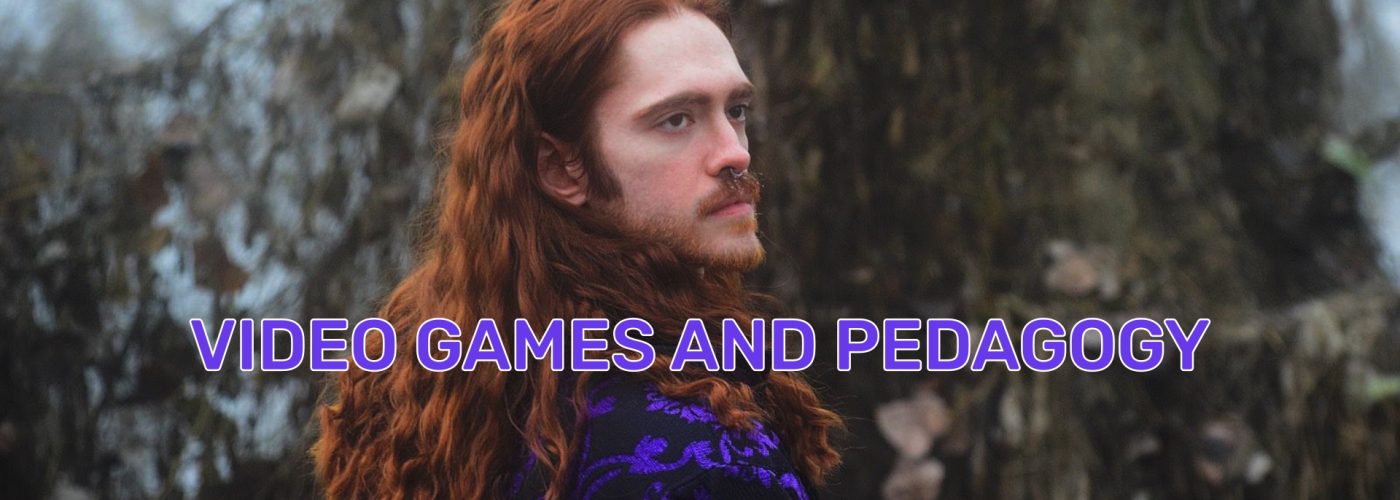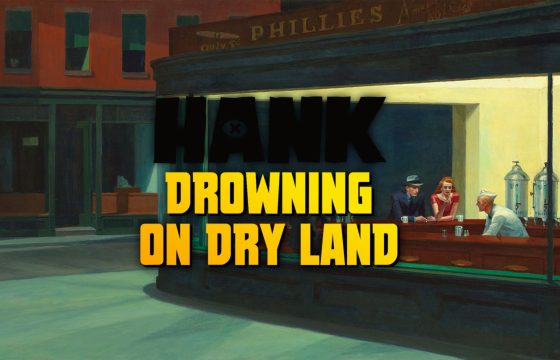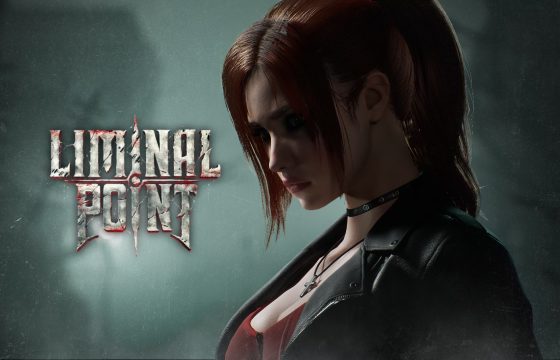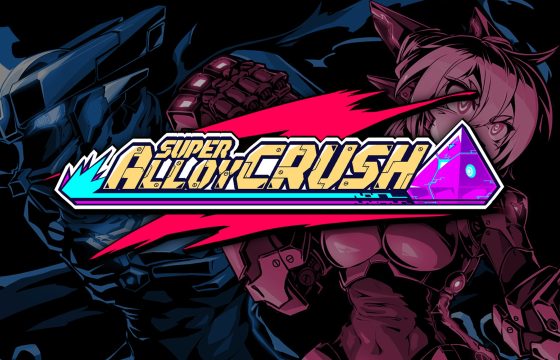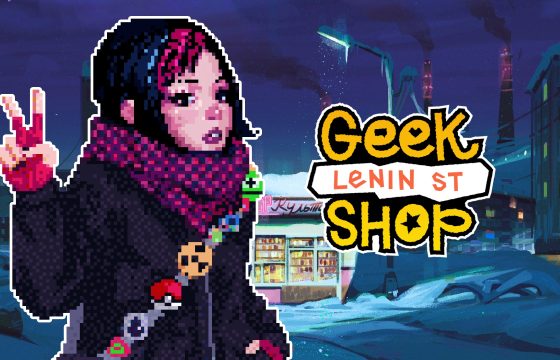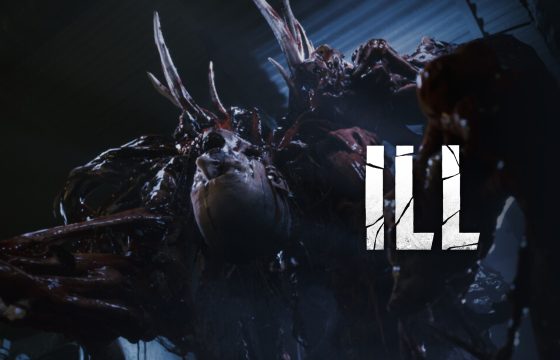The importance of video games in the educational process, explained by Dr. Raffaele Rubechini, Professional Educator and Counselor, based in Italy, who has granted us this valuable interview where we precisely aim to debunk the myth regarding the harmfulness of the video game industry as a form of entertainment in childhood and adolescence.

“I have been reflecting a lot lately on the novels of my childhood, as well as the video games I used to play during that time. Sometimes, I would fantasize about what it would be like to ‘cast spells’ to change things I didn’t like in my daily routine. The true magic, after all, lies within who we are, our imagination, and our willpower. Imagination is not weakness; it is strength and resourcefulness. All the fantastical characters from my childhood have remained within me: dragons, witches, heroines, and wizards. No one excluded.”
INDIE GAMES DEVEL:
Tell us about yourself and your work.
How did you get started? What made you embark on this path?
Raffaele Rubechini:
At the beginning of my undergraduate studies in educational sciences, I never would have imagined that my future work would involve using role-playing games and video games (which I will focus on more in this conversation) in educational and pedagogical contexts. Now, after completing my master’s degree in pedagogy as well, I can confidently say that the path I have taken is the right one for me.
Since my senior year of high school, I have been questioning the nature of education and the educational roles in society, and how they need to be updated and radically renewed. The instrumental part, the “how,” came to me during the third year of my undergraduate studies. I looked within myself, revisited my personal educational journey as an individual, a person, and a future professional, and realized how essential the world of video games has been in shaping the person I am today. I can say with certainty that this holds true for many boys and girls of the current generations during adolescence, preadolescence, not to mention childhood.
I describe my approach to pedagogy as a type of “Shakespearean Pedagogy.” I believe that imagination, dreams, and fantasy are the fundamental driving forces of human beings, qualities that inherently differentiate us from machines. Through video games, I have defeated unimaginable enemies, made complex decisions, and especially during adolescence, experienced countless different alter egos, constantly wearing different masks.
The challenge, the ability to solve problems, critical and strategic thinking are just a few of the many skills that video games can impart. In essence, this is what a pedagogist, the correct term for my profession, does: they “bring out” the potential of the individuals they work with to enable them to function and adapt to reality as best as possible, stimulating the development and enhancement of functional skills for uniquely subjective adaptation to the daily contexts they inhabit. I do all of this primarily through role-playing games and video games.
INDIE GAMES DEVEL:
What are the main challenges you encounter in your work/working with adolescents?
Raffaele Rubechini:
Some of them can be particularly challenging, while others may initially be very inhibited. Mapping adolescence as a homogeneous entity would be impossible; it depends a lot on individual cases. I primarily work with socially isolated boys and girls, some of whom are autistic, which means they have specific and special needs that must be respected. Others are simply very shy or have relational issues within their peer group, being victims of bullying or other related situations. However, I don’t only work with this type of audience.
To provide a clear answer to the question, I can say that the real challenge lies in the immense variety: working with people, in this case with adolescents, is not like working with a chemical process that, more or less, responds to variables that are mostly controllable and, on average, more easily repeatable and predictable. The difficulty lies precisely in working with human material, which by its very nature is changeable, variable, and not always generalizable even among similar cases.
INDIE GAMES DEVEL:
Which games do you use the most? Why?
Raffaele Rubechini:
Lately, I’ve been using the duology A Plague Tale: Innocence and A Plague Tale: Requiem, along with Hellblade: Senua’s Sacrifice and the Horizon series. Currently, the majority of the audience I work with is female, mostly girls around 14 years old, who actively feel the pressures that society imposes on them regarding their roles, expression, and gender-related expectations—how a girl should behave, speak, and what she should desire in life.
Some of the girls come from immigrant families, born into cultures very different from ours but educated in Italian schools, which sometimes leads to significant educational challenges within their families. Other girls are daughters of former prisoners and have had complex life experiences as a result. The titles I choose, the ones mentioned above, place female protagonists at the center, reinterpreting the hero figure and giving full space to that of the heroine. However, the heroines are not designed to please an audience that desires girls and women sexualized in absurd ways (I challenge anyone, in post-apocalyptic or infernal scenarios, to expect a girl to remain perfect and polished as if she had just come out of a beauty center!).
I use these types of games to convey paths of female empowerment, self-determination, and questioning of what “a girl should be,” making room for “what a girl wants to be” in her freedom (respectful and responsible) as a free and active individual. Girls can wield a sword and defeat their dragons, both in a video game and in real life! (Metaphorically, of course.) This is particularly emphasized in the interventions or workshops I conduct in person and in my studio. When I have to conduct online interventions and courses, on the other hand, I usually let the boys and girls guide me in multiplayer games: I enjoy learning from them, even by experimenting with multiplayer games I have never tried before.
Entrusting responsibility to the audience, in this case, greatly enhances their sense of self-efficacy and accountability. I challenge them, in a clearly guided manner, to almost act as my teachers and then take the opportunity to reflect on educational perspectives. I explore and work on the anger that arises when they lose and are defeated, the strategic processes they employ to win a challenge and achieve an objective, and the value they place on the concept of cooperation. After all, by playing together, we have to cooperate to be an effective team, and this competence is essential in life, especially in terms of their future adulthood.

INDIE GAMES DEVEL:
Tell us about a typical session/day.
Raffaele Rubechini:
Working as a freelance educationalist, considering the variety of services I offer, rarely leads to a “fixed” work routine in terms of typical activities. Between workshops, video games, role-playing games, other play tools I use, and consultations with parents and teachers, it is difficult to describe a “typical” day. It greatly depends on the type of service I am providing and what is being requested of me. It also varies significantly between online interventions and studio-based sessions. However, taking the example of the interventions I conduct with individual boys and girls through video games directly in my studio, I can more easily provide a description of a typical day, specifically focusing on the initial introductory meeting where the foundation is laid for the intervention.
First and foremost, I always ask them about their sources of imagination: video games, comics, novels, TV series, and movies. I delve into the reasons behind their preferences, exploring their favorite fictional characters and the themes they appreciate most within a narrative product. I also inquire about the difficulties they may be facing during that period of their lives. These could be issues related to bullying, conflicts with parents, disagreements with teachers, or other complex situations within their current relational dynamics, without, of course, pressuring them. At that point, I present them with a range of choices regarding the tools I consider most suitable for an intervention journey to undertake together. This could involve role-playing games, board games, comics, creative writing exercises, and, of course, video games! The tool should serve as a medium for activating the educational relationship naturally, and never as the ultimate goal.
INDIE GAMES DEVEL:
Many people have a negative view of video games, especially when it comes to children. How is your work perceived by parents and other educators? Have you encountered any problems or conflicts?
Raffaele Rubechini:
Paradoxically, only once so far, considering that I started my business less than two years ago, so it’s still early days and much remains to be seen. Generally, parents, teachers, and other responsible adults (sometimes even psychiatrists and social workers) who approach me as an educational specialist in Edutainment already have a general idea of the tools I use. It’s never a surprise because I am very explicit about my methodologies, even on my social channels.
However, there was one instance where a client of mine, a mother who still seeks my pedagogical counseling services for herself and her family, shared an article I had written in a group of other mothers, which attracted the interest and curiosity of many but also received strong opposition from one person. My client informed me about it, and I simply responded to her with an audio message, giving her permission to share it within the group. I mentioned that the concerned person could easily take a look at my social media profiles, where I often share a rich bibliography of various studies dedicated specifically to parents, and that I don’t make anything up. I’m not sure if she ever actually looked into it.
INDIE GAMES DEVEL:
What are your plans for the future?
Raffaele Rubechini:
That’s a challenging question! Right now, my immediate plan is to write a second essay on Edutainment. The first one, already published as an e-book on Amazon, is primarily aimed at teachers, psychologists, educators, and fellow pedagogists. It’s quite technical and specific to the field of human sciences. My next publication, on the other hand, will be targeted specifically at parents—a sort of concise guide to help them navigate the educational and developmental processes their children engage in through video games. Another step I’m planning is to finally create my own website (currently, I mainly use Instagram and LinkedIn). Lastly, I admit that I would love to undertake larger-scale projects in schools. My ultimate dream is for role-playing games and video games, guided by educational intentions, to become educational activities offered as extracurricular options within school structures.

